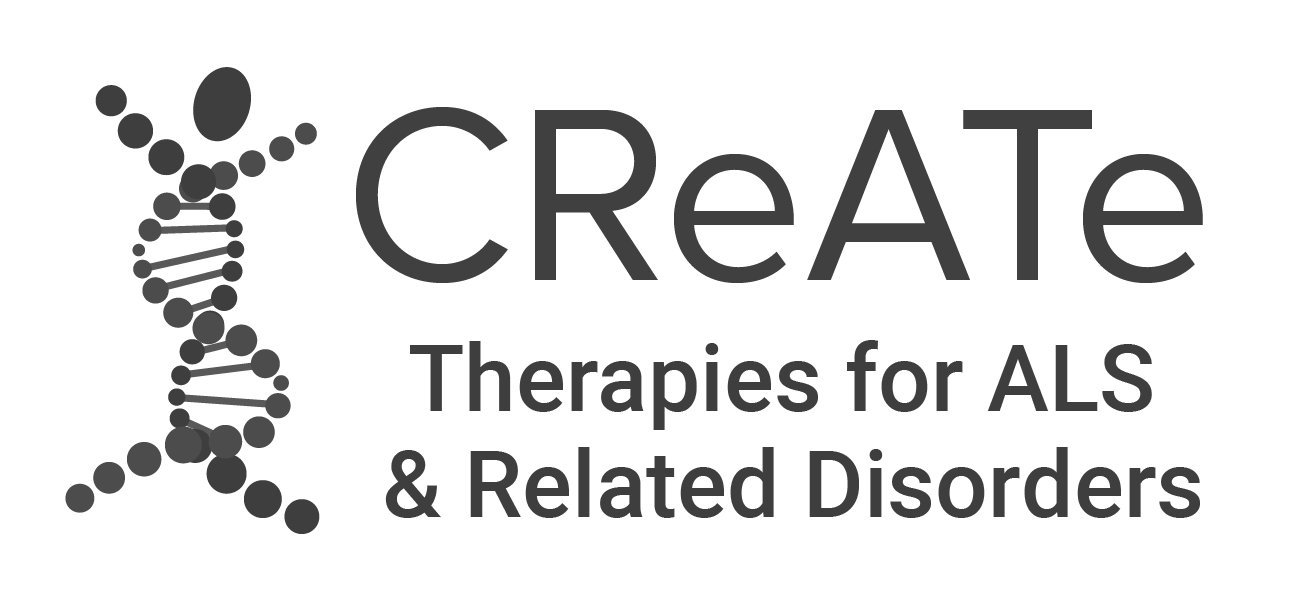Diseases Studied
The Rare Diseases Clinical Research Network is an NIH-funded research network of 21 active consortia or research groups working to advance treatment for diseases that are rare. Use the search tools on this page to find the diseases we currently study. You can reach out to the indicated consortia or research groups for more information on those diseases and studies underway.
This network focuses on clinical research and does not generally support clinical care outside of research activities. To learn about other rare diseases, please visit the Genetic and Rare Diseases Information Center (GARD), which is an NIH program that helps the public find reliable information about rare and genetic diseases. Their staff are specialists. Contact them at 1-888-205-2311 or email GARDinfo@nih.gov.
All Diseases > Amyotrophic lateral sclerosis
Amyotrophic lateral sclerosis (ALS)
Alternative Names: Lou Gehrig's Disease (ALS)
Disease Category: ALS and Related Disorders
Amyotrophic lateral sclerosis (ALS), also referred to as Lou Gehrig's Disease, is a progressive motor neuron disease that leads to problems with muscle control and movement. Various types of ALS are distinguished by symptoms and, in some cases, genetic cause. The Clinical Research in ALS and Related Disorders for Therapeutic Development (CReATe) Consortium conducts research in the sporadic and familial forms of amyotrophic lateral sclerosis, frontotemporal dementia (FTD), primary lateral sclerosis (PLS), hereditary spastic paraplegia (HSP), and progressive muscular atrophy (PMA).
Research groups studying this disease
ALS and Related Disorders

Clinical Research in ALS and Related Disorders for Therapeutic Development (CReATe)
Recruiting
8002: Clinical Procedures to Support Research in ALS (CAPTURE-ALS)
The purpose of the Clinical Procedures to Support Research in ALS (CAPTURE-ALS) study is to utilize information collected in the medical record to learn more about a disease called amyotrophic lateral sclerosis (ALS) and related disorders.
Muscular Dystrophy Association
Supports efforts to transform the lives of people with muscular dystrophy, ALS, and related neuromuscular diseases.
Association for Frontotemporal Degeneration
Aims to improve the quality of life of people affected by frontotemporal degeneration (FTD) and drive research to a cure.
Spastic Paraplegia Foundation
The Spastic Paraplegia Foundation is dedicated to advancing research and finding cures for two groups of closely related, rare, and progressive neurological disorders. They are hereditary spastic paraplegia (HSP) and primary lateral sclerosis (PLS). These are neurological disorders affecting the voluntary muscles. The disorders are progressive and may lead to patients being unable to walk, and more.
The ALS Association
Focuses on care, advocacy, and research to discover treatments and a cure for ALS while empowering those affected to live life to the fullest.
